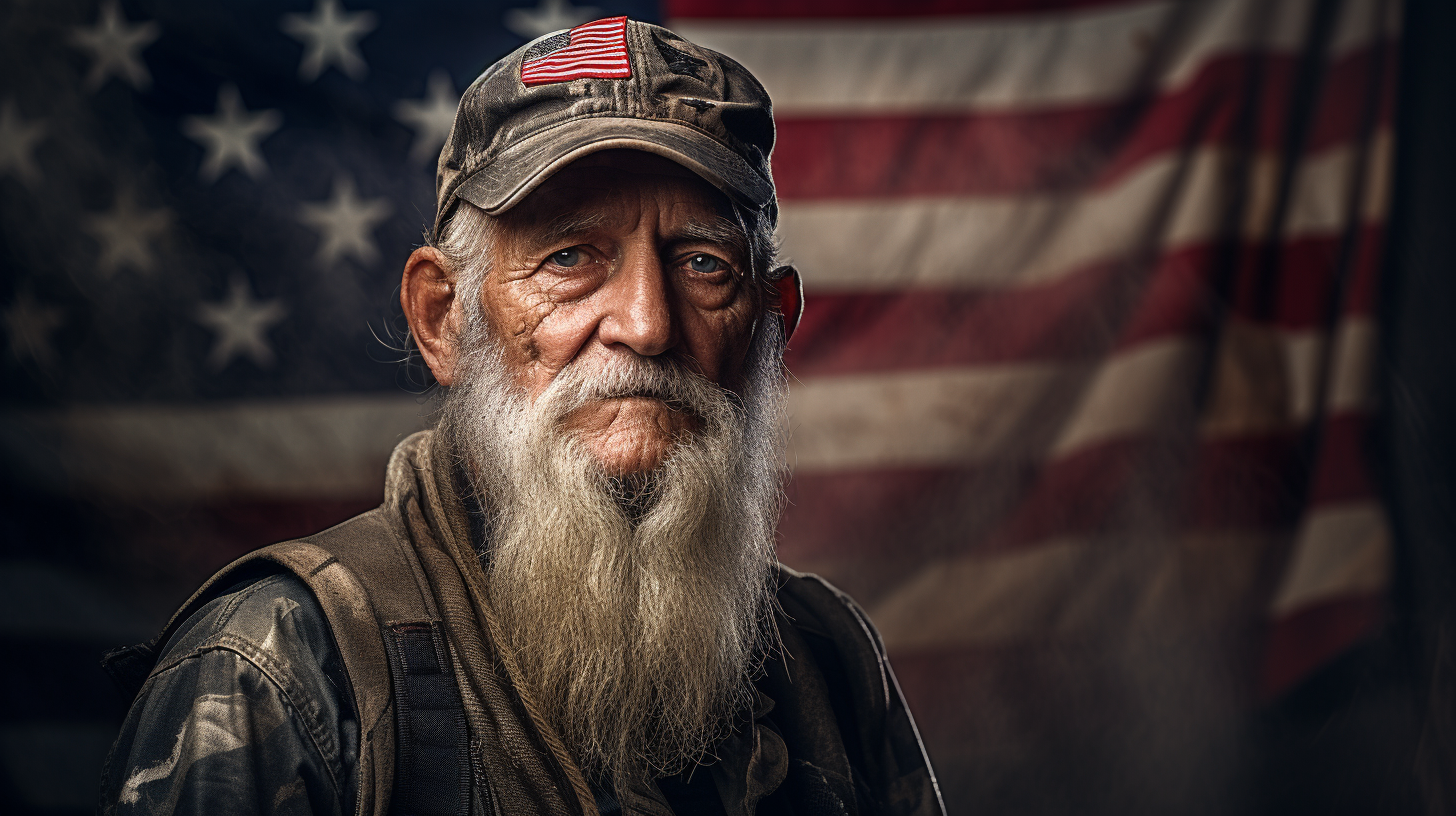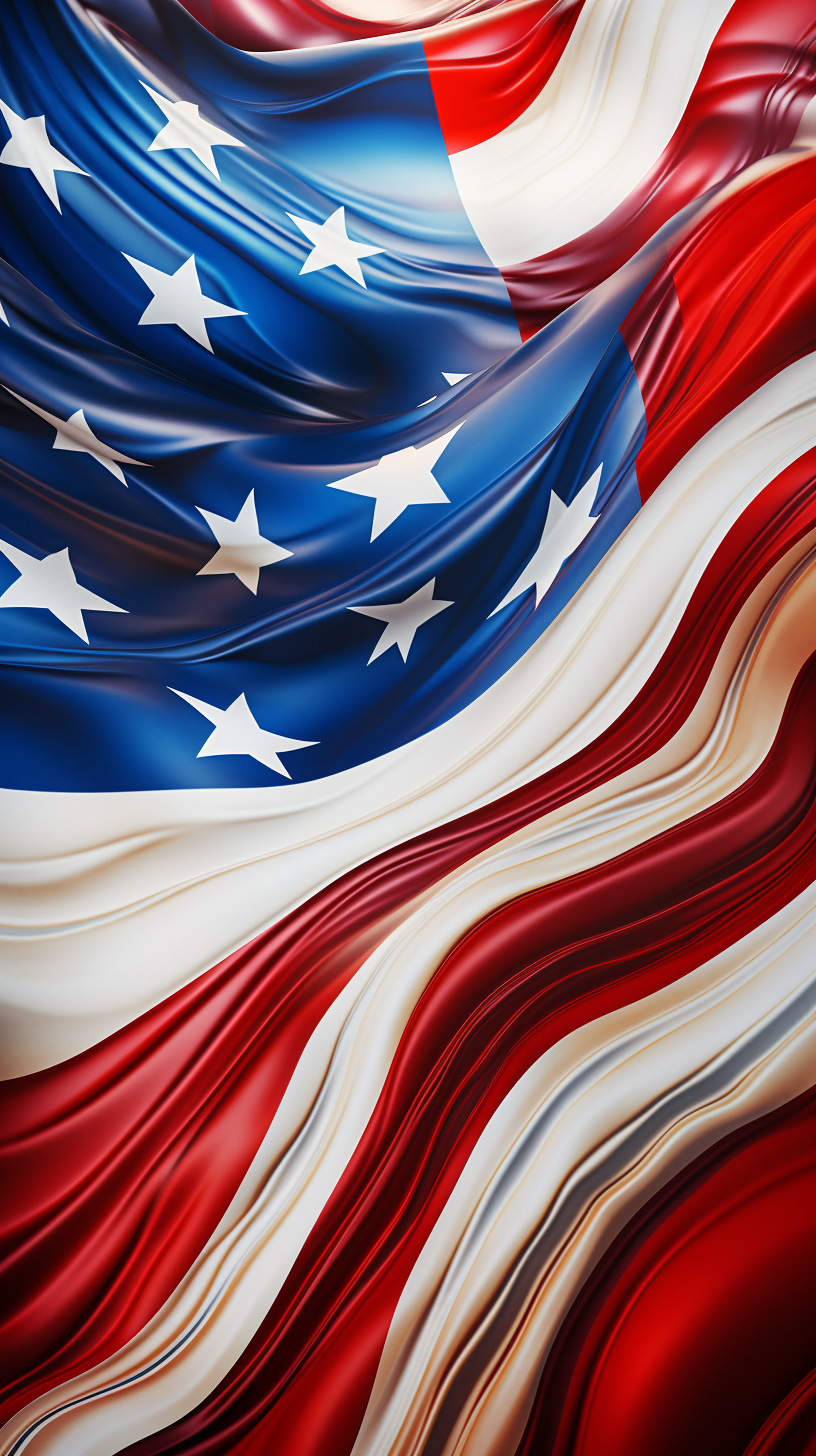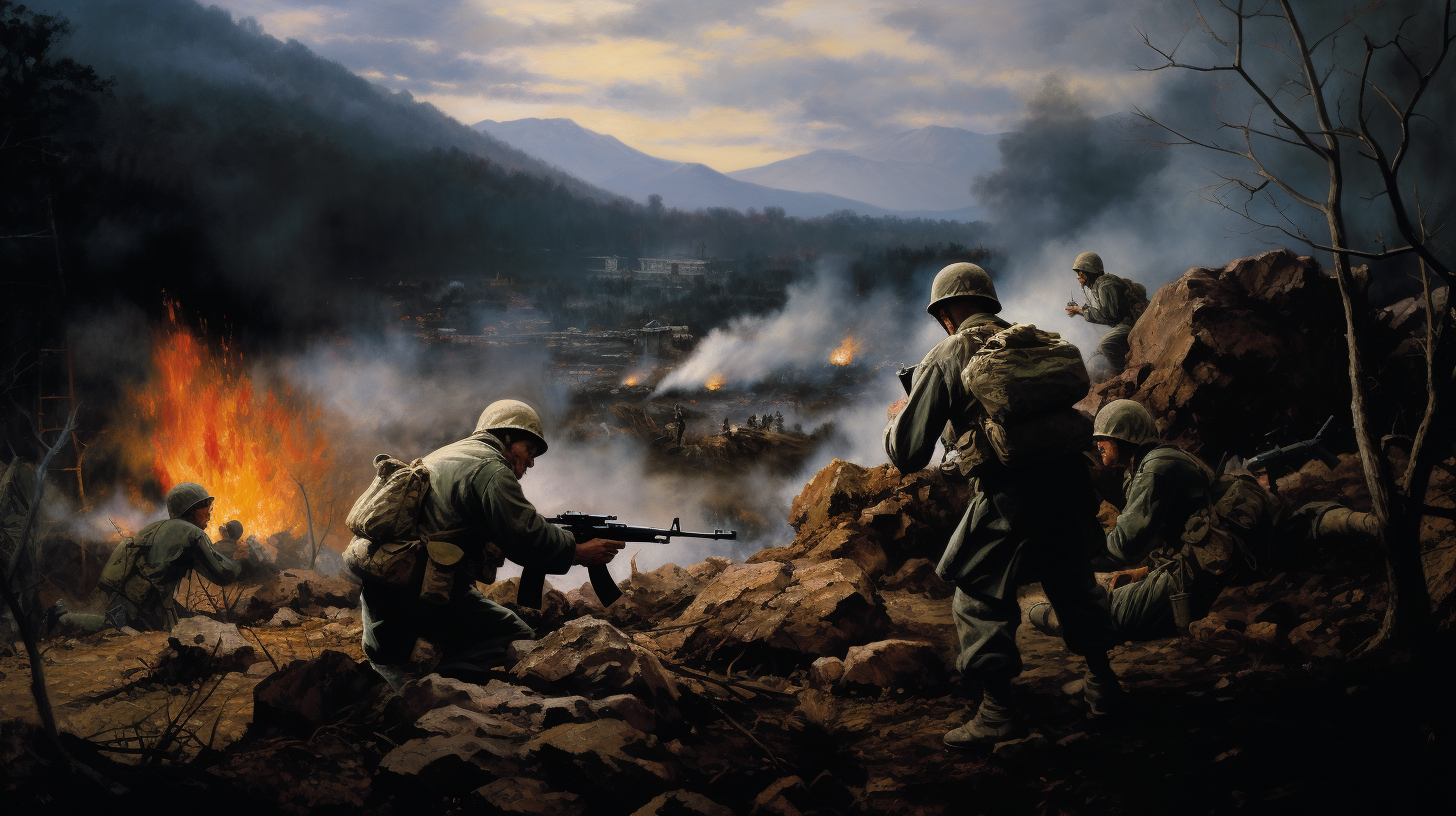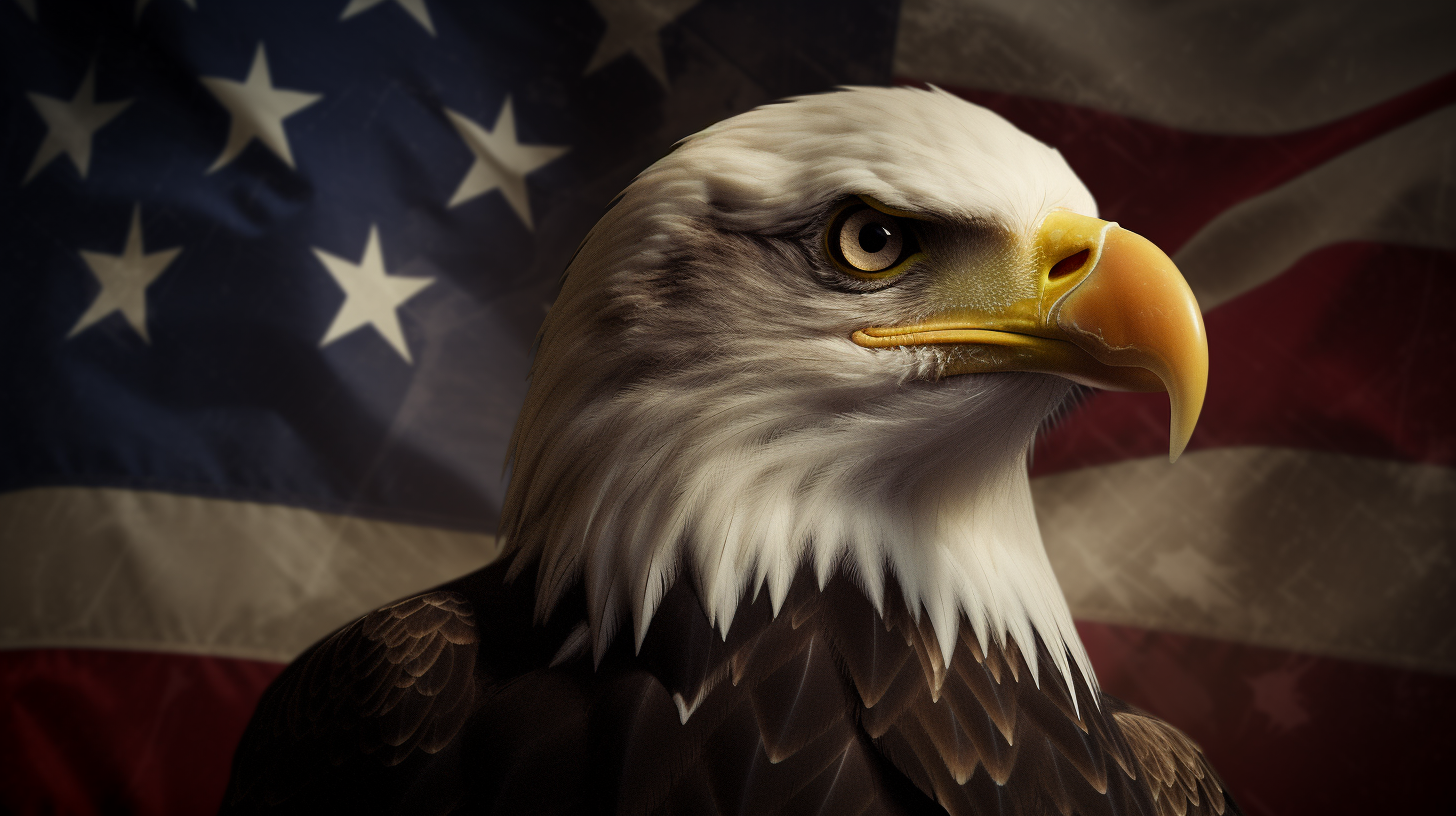
Korean War

In the early dawn of June 25, 1950, a storm was brewing on the Korean Peninsula. The forces of North Korea, under the banner of communism, surged across the border into the South, igniting the spark of the Korean War. The world watched with bated breath as the flames of conflict threatened to consume the region.
In response to this aggression, the United States, under the auspices of the United Nations, rose to the occasion. With courage in their hearts and determination in their eyes, American troops joined the fray, standing shoulder to shoulder with their South Korean allies. This was not just a battle for territory; it was a stand for freedom, a stand against the encroaching shadow of tyranny.
The Korean War marked the first "hot" war of the Cold War era, a chilling reminder of the fragile peace that hung in the balance. Over the course of three grueling years, more than 55,000 American heroes made the ultimate sacrifice. Their bravery and dedication were the bulwark that held the line, the beacon that pierced the fog of war.
This was a different kind of war, a "limited war." The goal was not total defeat of the enemy, but the protection of South Korea. It was a delicate dance on the world stage, a balancing act to prevent the spark of this conflict from igniting a third world war. It was a test of our resolve, a challenge to stretch our resources without breaking, to fight not just with might, but with wisdom.
For the American people, accustomed to the clear-cut victory of World War II, this was a frustrating and confusing time. The concept of a "limited war" was new and difficult to understand. Yet, despite the challenges, our troops persevered, demonstrating the indomitable spirit of the American people.
Our veterans of the Korean War, these unsung heroes, may not have received the recognition they deserved. Their sacrifices were overshadowed by the complexities of the conflict. But let us remember them now. Let us honor their service, their bravery, their dedication. They stood on the front lines of freedom, and for that, they have our eternal gratitude.
The Korean War was a testament to our resilience, a chapter in our history that taught us the value of unity, the power of resolve, and the cost of freedom. It is a story of heroes, of sacrifice, and of the enduring spirit of humanity.

27 November 1950 – The Battle of the Chosin Reservoir (Also known as the Battle of Changjin Lake and Frozen Chosin) begins. In some of the fiercest fighting of the Korean War, communist Chinese troops launch massive counterattacks against US and Republic of Korea (ROK) troops in North Korea , driving the Allied forces before them and putting an end to any thoughts for a quick or conclusive US victory.
So begins one of the epic battles in the storied annals of US Marine Corps history, and an estimated 120,000 Chinese were about to learn that they are no match for 25,000 US Marines of the 1st Marine Division, and 900 British Royal Marines of 41 Commando - "The Chosin Few".
They were assisted by the 1st Marine Aircraft Wing and carriers from the US Navy Task Force 77 providing close air support, and by the US Air Force Far Eastern Combat Cargo Command which air dropped 250 tons of supplies per day during the running battle. As well, the survivors of Task Force MacLean (350 able bodied men of the 2,500 which comprised RCT-31), part of the US Army 7th ID which was decimated but held up the Chinese onslaught on the Eastern side of the Reservoir, also were with the Marines.
On the night of 27 November, the Chinese PVA (People's Volunteer Army) 20th and 27th Corps of the 9th Army launched multiple attacks and ambushes along the road between the Chosin Reservoir and Kot'o-ri. At Yudam-ni, the 5th, 7th and 11th Marines were surrounded and attacked by the PVA 79th and 89th Divisions, with the 59th Division attacking the road between Yudam-ni and Hagaru-ri to cut off communication. Similarly, RCT-31 was isolated and ambushed at Sinhung-ni by the PVA 80th and 81st Divisions. At Hagaru-ri, the 1st Marine Division command headquarters was targeted by the PVA 58th Division. Finally, the PVA 60th Division surrounded elements of the 1st Marines at Kot'o-ri from the north. Caught by complete surprise, the UN forces were cut off at Yudam-ni, Sinhung-ni, Hagaru-ri and Kot'o-ri by 28 November.
1st Marine Commanding General, O. P. Smith, ordered the 5th Marines to attack west toward Mupyong-ni on 27 November. The attack was soon stalled by the PVA 89th Division and forced the Marines to dig in on the ridges surrounding Yudam-ni. As night came, three Chinese regiments of the 79th Division attacked the ridges on the north and northwest of Yudam-ni, hoping to annihilate the garrison in one stroke. Close range fighting soon developed as the attackers infiltrated Marine positions, but the 5th and 7th Marines held the line while inflicting heavy casualties on the Chinese.
So ended the first day of this epic battle, with much more to come.



